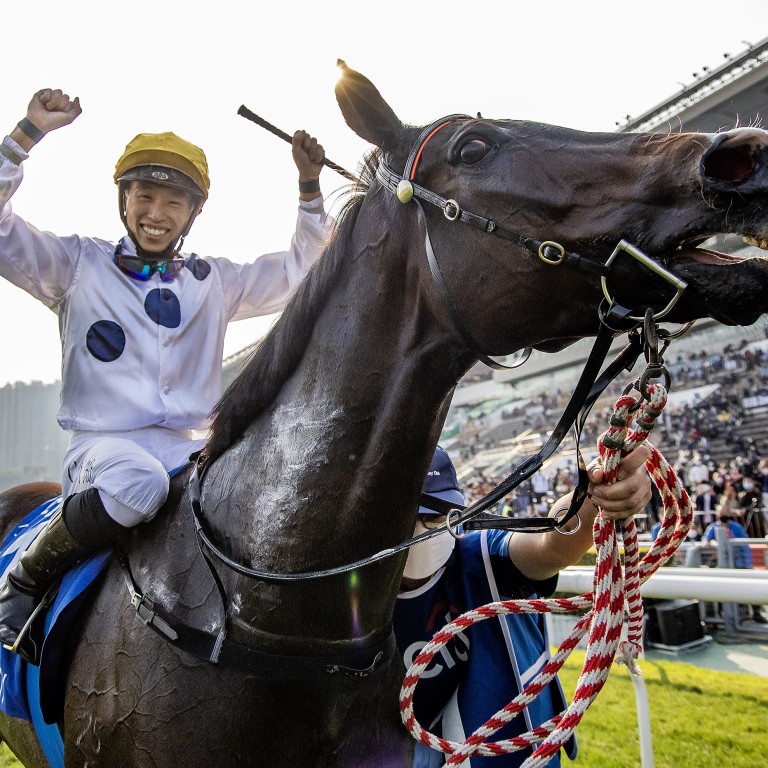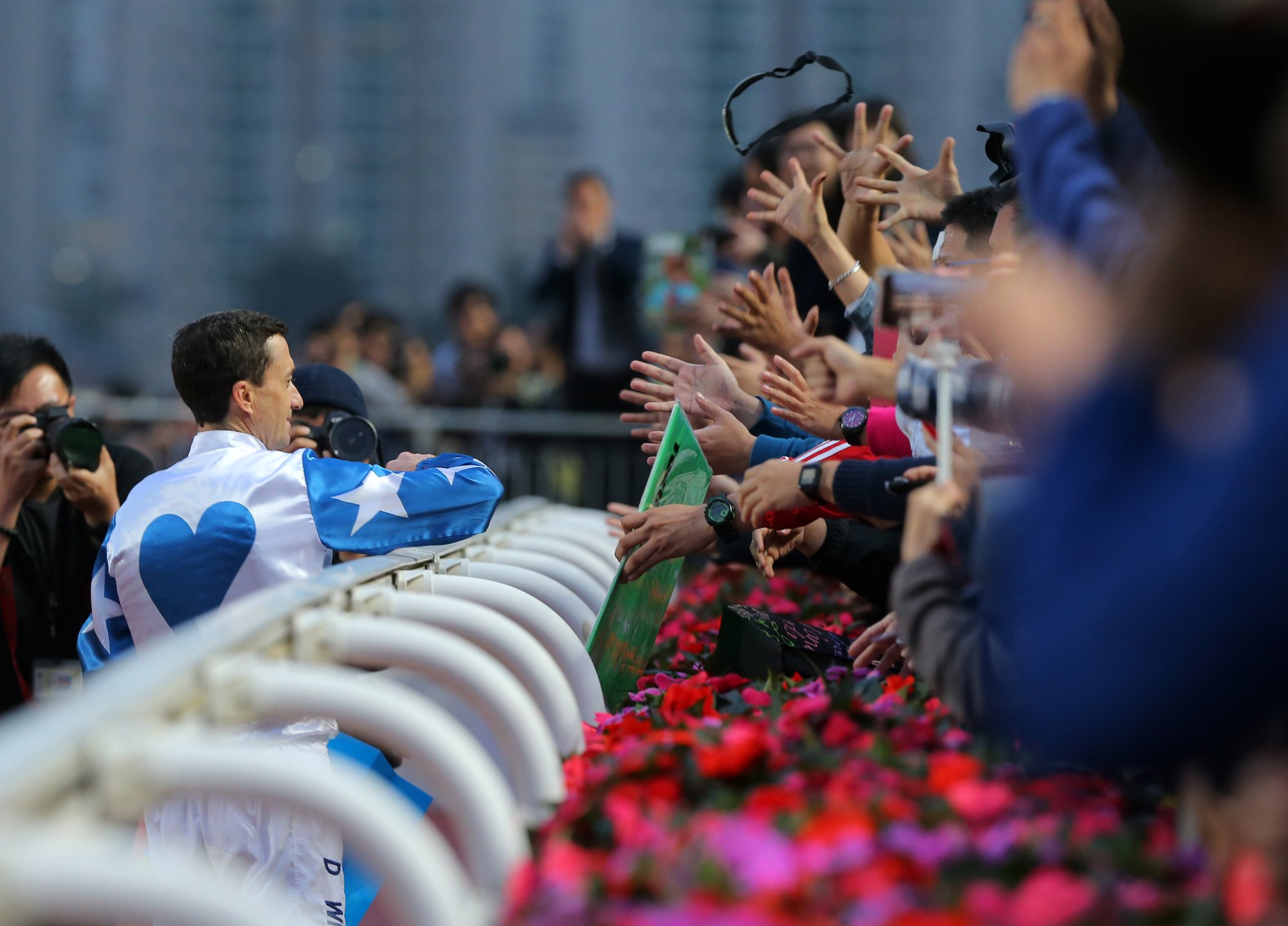
How Hong Kong is bucking the trend of a horse racing downturn
- Innovation has allowed the Jockey Club to remain competitive and retain the glamour of the sport, despite three terrible pandemic years and the decline in horse racing betting globally
- If Financial Secretary Paul Chan wants to contradict Hong Kong’s naysayers and show our world-leading innovative capabilities, he could invite them to the races
Once known worldwide as the sport of kings, horse racing has seen rough times – except in Hong Kong perhaps, where Happy Valley still lives up to its name despite the adversities of the past three years.
In the United States, over 40 tracks have closed since 2000. From 83,000 in its heyday, races in North America have fallen to 37,700 in 2022. The Thoroughbred Daily News reported in November a 37 per cent fall in national races over the past 20 years, and a 40 per cent decrease in horses raced, with purses down 25 per cent.
The US has lost 55 per cent of its trainers, with just 114 “super trainers” (training 80 horses or more) capturing 41 per cent of winnings in 2022. Researchers say it is “hard to win, hard to profit and hard to compete”.
Even in the United Kingdom, where horse racing remains the second most-attended sport, attendance fell by over 500,000 between 2015 and 2019. The Racecourse Association says that from a peak of 6.13 million, attendance has fallen below 5 million in 2022. In many parts of the world, the fascination with horse racing has simply faded.
Gone are the days of my father, who would spend every Saturday afternoon in front of the TV, flipping channels to discover if any of his horse bets had made him rich. He never won, but that never dulled his enthusiasm.
Fascination has dimmed in part because there are nowadays so many other ways to lose money gambling. It has simply never captured the imagination of our youngsters. In Macau, for instance, horse race betting last year amounted to 140 million patacas, against casino gaming revenue of 183 billion patacas.
But there are other reasons too. For many, horse racing is unacceptably cruel. People dislike the way jockeys use whips. They are appalled by the injuries. The US Jockey Club says over 7,000 horses have died at race tracks since 2009.
In the UK, 62 horses have been killed since 2000 in the epic steeplechase, the Grand National. They dislike the regular horse doping scandals. And they dislike the gambling addictions, which often aggravate hardship among some of the poorest families in the world’s poorest communities.

And a final challenge is the sheer expense of driving the horse racing industry. It requires the massive commitment of huge amounts of expensive real estate. Many of the world’s leading racecourses have fallen victim to real estate pressures – remember the original Selangor Turf Club racetrack at the heart of Kuala Lumpur, closed in 1992 after almost 100 years to make way for the Petronas Twin Towers?
The cost of keeping racing thoroughbreds in top form has also become prohibitively expensive. The Thoroughbred Daily News in the US says a horse needs winnings of US$66,500 a year if its owner is to break even, meaning just 11 per cent did in 2022.
The answer? Decades of absolutely astonishing agility and diversification. Today, the Jockey Club earns more from bets on soccer (over HK$156 billion) than horses (HK$140 billion). Because 90 per cent of bets are placed on digital platforms, it has not relied on physical attendance at Happy Valley or Sha Tin for many years.

Policies of “commingling” – combining our local betting pools with foreign ones to create a larger international pool – and creating a “World Pool” betting network, combined with seamless online “simulcasting” of top races around the world, have generated revenues far beyond the reach of Hong Kong’s nearly 7.5 million population.
David Dodwell is CEO of the trade policy and international relations consultancy Strategic Access, focused on developments and challenges facing the Asia-Pacific over the past four decades


